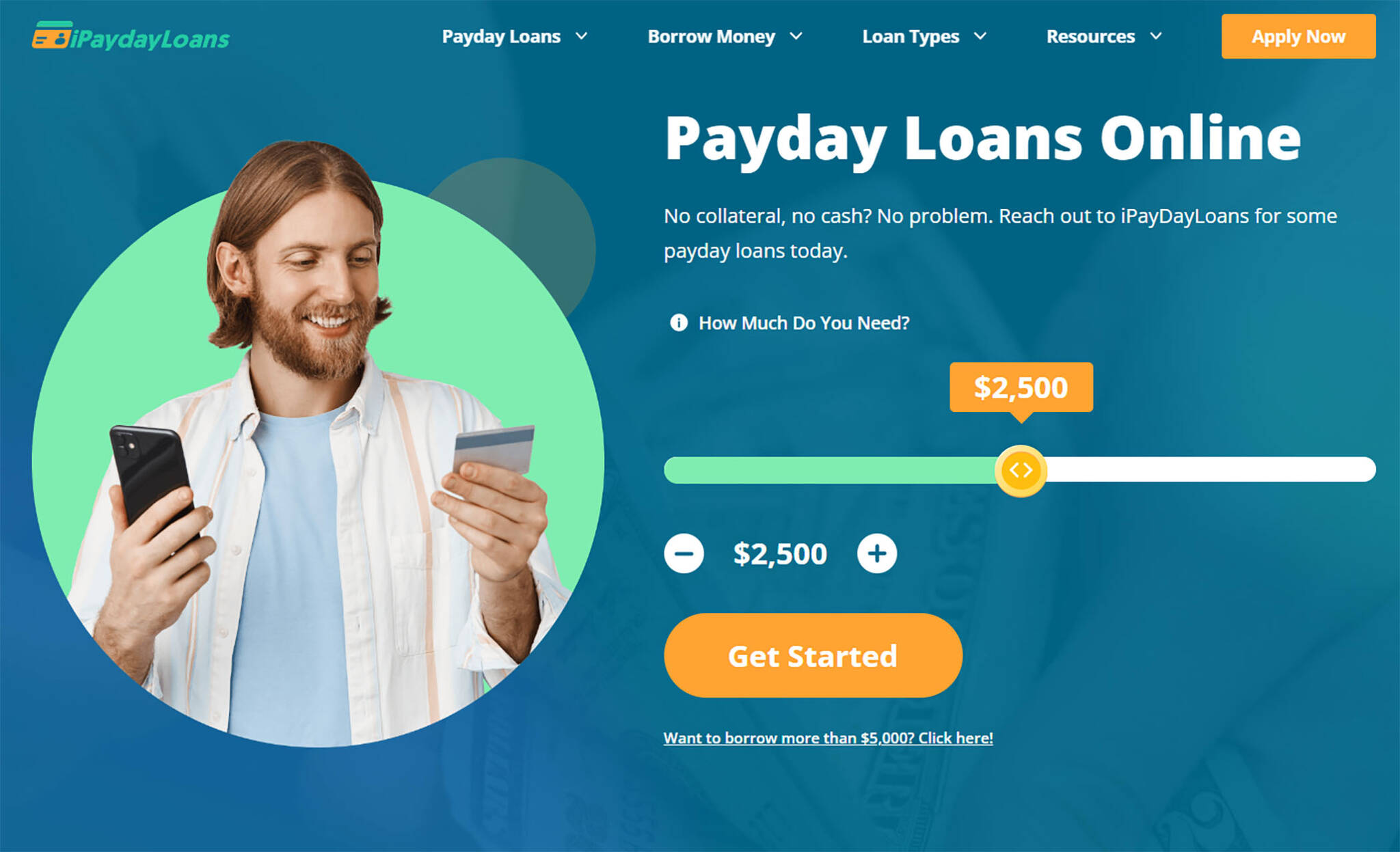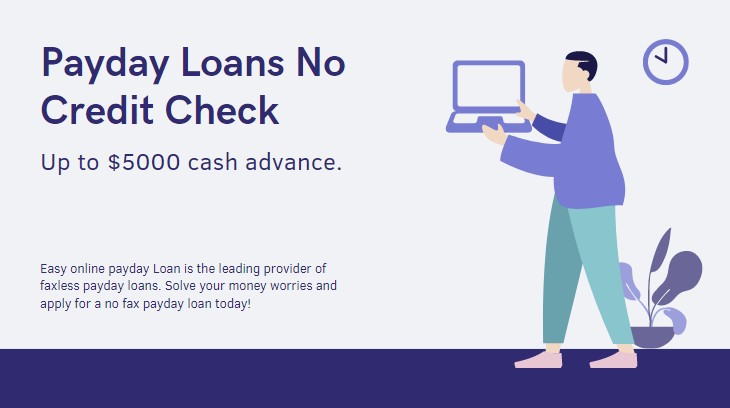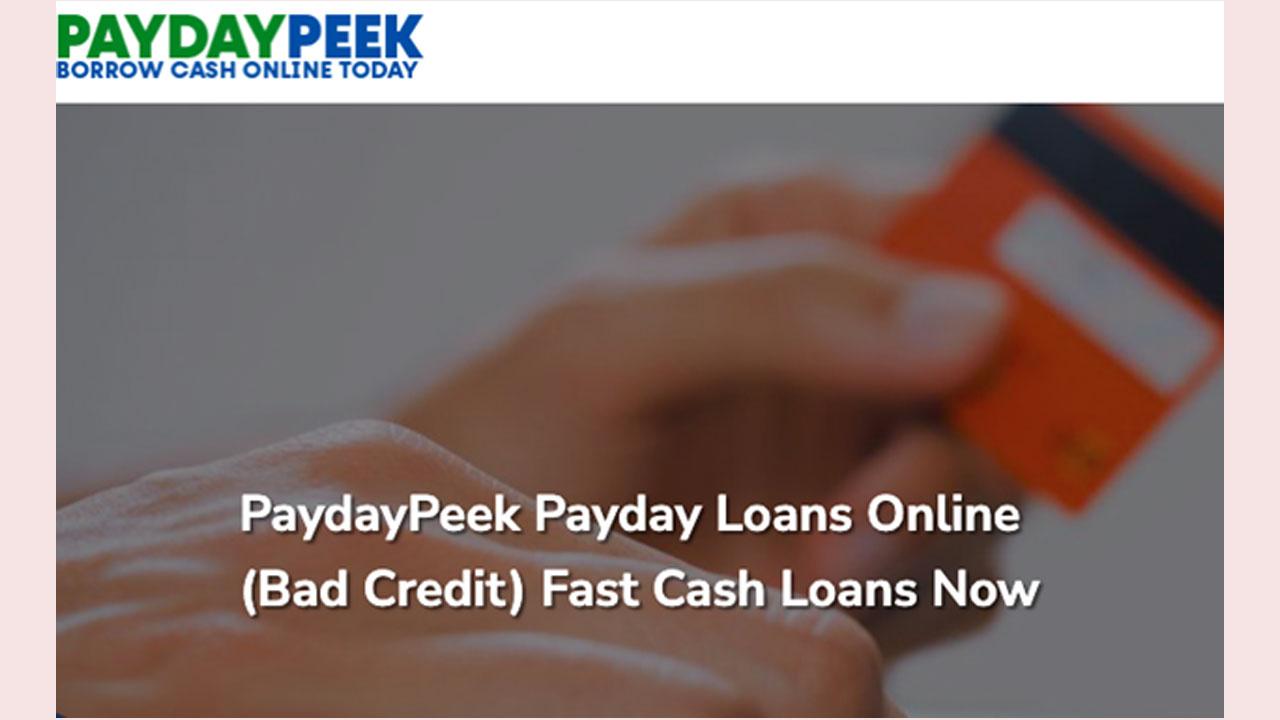Cash Loans Instant Approval No Credit Check

The allure of instant financial relief is powerful, especially when facing unexpected expenses. Promises of "Cash Loans Instant Approval No Credit Check" are increasingly prevalent, flashing across online advertisements and social media feeds. These offers target individuals with urgent needs and often, damaged credit histories.
But beneath the surface of these seemingly simple solutions lie significant risks. This article delves into the reality of these loans, examining their potential benefits and, more critically, the dangers they pose to vulnerable borrowers. We will explore the mechanics of these loans, the types of lenders who offer them, the potential consequences for borrowers, and alternatives available to those seeking immediate financial assistance.
Understanding "No Credit Check" Loans
“No credit check” loans are exactly what the name implies: loans issued without the lender reviewing the borrower’s credit history. This may seem attractive to individuals with low credit scores or a history of delinquencies. Traditional lenders use credit reports to assess the risk of lending money, predicting the likelihood of repayment.
Lenders offering these loans forgo this assessment, substituting it with potentially higher interest rates and fees. They often focus on other factors such as income and employment verification. This model inherently carries a higher risk for the lender, which is typically mitigated by charging significantly more.
Types of "No Credit Check" Loans
Several types of loans fall under the umbrella of "no credit check" options. Payday loans are short-term, high-interest loans typically due on the borrower's next payday. Title loans use the borrower's vehicle as collateral, allowing lenders to seize the car if the loan isn't repaid.
Pawnshop loans involve offering an item of personal property as collateral. Online installment lenders sometimes offer loans with relaxed credit requirements. These loans may involve periodic payments but often come with high APRs.
The High Cost of Convenience
The principal drawback of "no credit check" loans is their exorbitant cost. Annual Percentage Rates (APRs) can soar into the triple digits, far exceeding those of traditional loans or credit cards. According to the Consumer Financial Protection Bureau (CFPB), the average payday loan carries an APR of nearly 400%.
These high rates quickly escalate the total cost of borrowing, making it challenging for borrowers to repay the debt. The fees associated with these loans, such as origination fees or prepayment penalties, can also substantially increase the financial burden. Borrowers often find themselves trapped in a cycle of debt.
The Pew Charitable Trusts has conducted extensive research highlighting the detrimental impact of payday loans on borrowers. Their studies indicate that many borrowers end up renewing or re-borrowing the loan multiple times, racking up significant fees in the process.
The Risks of Data Security
Applying for "no credit check" loans often involves sharing sensitive personal and financial information online. This information could include social security numbers, bank account details, and employment history. In some cases, unscrupulous lenders may not adequately protect this data.
This can expose borrowers to the risk of identity theft and financial fraud. Some lenders may even sell borrower information to third parties. It's vital to verify the legitimacy and security of any lender before providing sensitive data.
Predatory Lending Practices
Some "no credit check" lenders engage in predatory lending practices. These practices exploit vulnerable borrowers who are desperate for cash. These lenders may use aggressive marketing tactics or obscure the true cost of the loan.
They often target low-income communities and individuals with limited financial literacy. These predatory loans can trap borrowers in a cycle of debt that is very difficult to escape.
Alternatives to "No Credit Check" Loans
Fortunately, there are alternatives to consider before resorting to "no credit check" loans. Credit counseling agencies can offer guidance on debt management and budgeting. They can also help negotiate with creditors to reduce interest rates or payment plans.
Community banks and credit unions may offer small-dollar loans with more reasonable terms than payday lenders. Borrowing from friends or family can provide a more affordable solution, but should be handled with clear agreements and open communication. Exploring options such as payment plans with utility companies or negotiating extensions with creditors can also help mitigate immediate financial pressures.
Exploring government assistance programs could provide a safety net. These programs are designed to help people meet essential needs. For instance, Supplemental Nutrition Assistance Program (SNAP) or Temporary Assistance for Needy Families (TANF) could offer critical resources.
The Regulatory Landscape
The regulation of "no credit check" loans varies by state. Some states have implemented strict regulations on payday lending, including capping interest rates and limiting loan amounts. Other states have more lenient laws, allowing for higher-cost loans.
The CFPB has taken steps to regulate the payday lending industry at the federal level. These regulations aim to protect consumers from predatory lending practices. However, regulatory oversight remains uneven, leaving some borrowers vulnerable to exploitation.
Consumers should familiarize themselves with the laws in their state. They should understand their rights before taking out a loan. Reporting predatory lenders to the Federal Trade Commission (FTC) or their state's attorney general can help protect other consumers.
Looking Ahead
The demand for quick and easy access to cash will likely continue. This makes it essential for consumers to be educated about the risks associated with "no credit check" loans. Increased financial literacy and access to affordable credit alternatives are crucial to protecting vulnerable borrowers.
Stricter regulation and enforcement of existing laws are needed to curb predatory lending practices. Consumers should carefully evaluate all their options. They should prioritize seeking professional financial advice before resorting to high-cost, "no credit check" loans. The instant gratification of these loans often comes at a significant and lasting price.


















